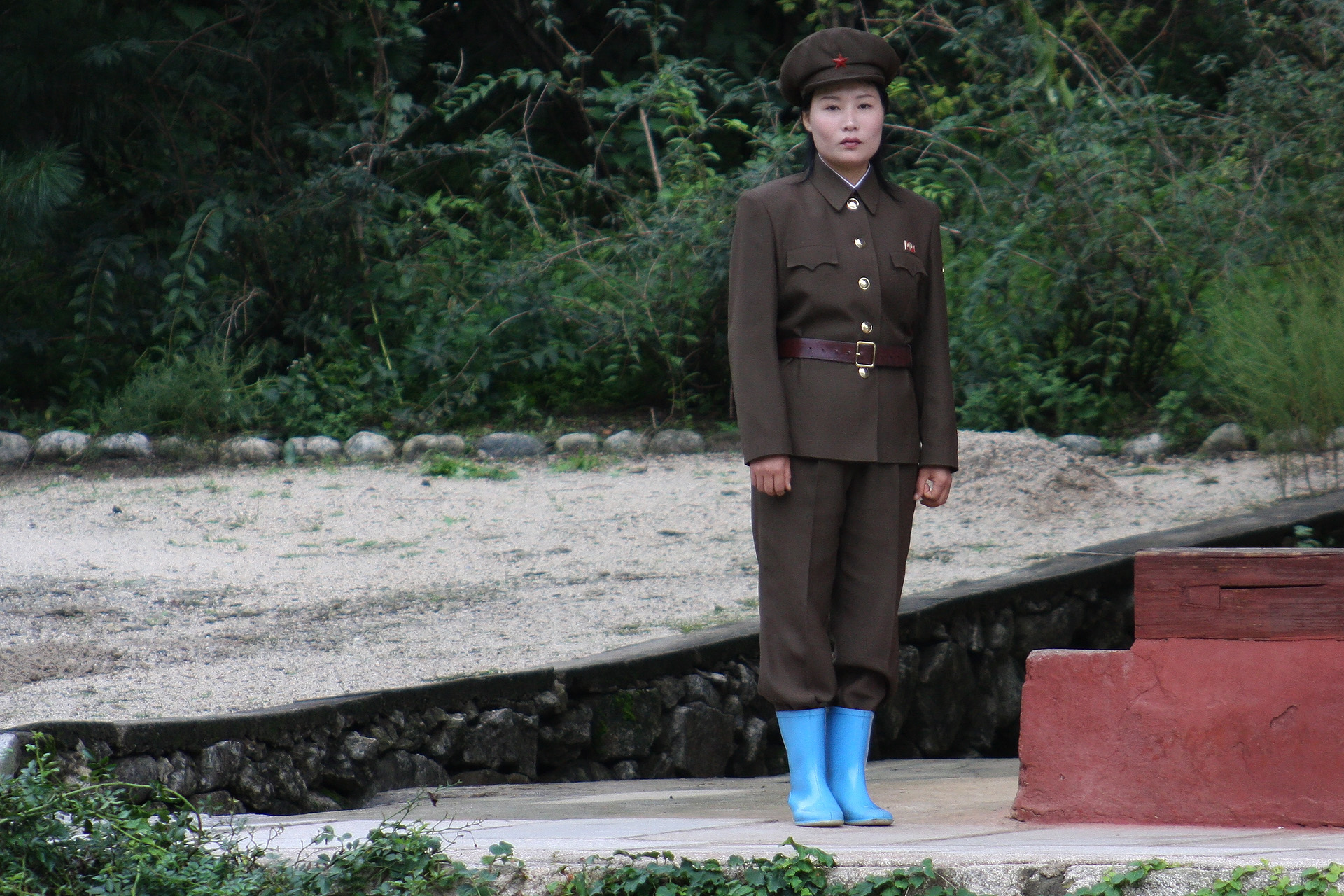Photo credit: Roman Harak
Context:
Amidst growing tensions and another round of verbal escalations by both sides, President Trump announced that he was pulling out of the highly anticipated summit between the U.S. and North Korea. While so-called “spoilers” certainly contributed to this development and the dangers of rising tensions are real, the process of international negotiations must be understood and pursued.
In the News:
“U.S. President Donald Trump on Thursday called off a planned historic summit with North Korean leader Kim Jong Un, even after North Korea followed through on a pledge to blow up tunnels at its nuclear test site.”
Insight from Peace Science:
- Negotiations are not limited to “what happens around the conference table”
- There is always more to international negotiation than the negotiated issues.
- Negotiation takes time and is not linear.
The bottom line is that international negotiations take time and come with progress and setbacks. They take place all the time, even if public channels are limited, in so-called back-channel negotiations. The actors in international negotiations react to the negotiation environment, but also to their own context and opportunities and restraints. Careful analysis of all factors going into negotiation is important to avoid the pitfalls of relying on a successful or unsuccessful summit. The latter is limiting the options for long-term progress.
References:
- “TRUMP CANCELS SUMMIT WITH NORTH KOREA SCHEDULED FOR NEXT MONTH” BY DAVID BRUNNSTROM, MATT SPETALNICK FOR REUTERS. MAY 24, 2018.
- HAMPSON, F. O., & HART, M. (1995). MULTILATERAL NEGOTIATIONS: LESSONS FROM ARMS CONTROL, TRADE, AND THE ENVIRONMENT. BALTIMORE: JOHNS HOPKINS UNIVERSITY PRESS
- ARBATOV, A. G. (2002). ARMS CONTROL AND ARMS REDUCTION VIEW II. IN V. A. KREMENYUK (ED.), INTERNATIONAL NEGOTIATION: ANALYSIS, APPROACHES, ISSUES (2ND ED., PP. 334-347). SAN FRANCISCO: JOSSEY-BASS.

